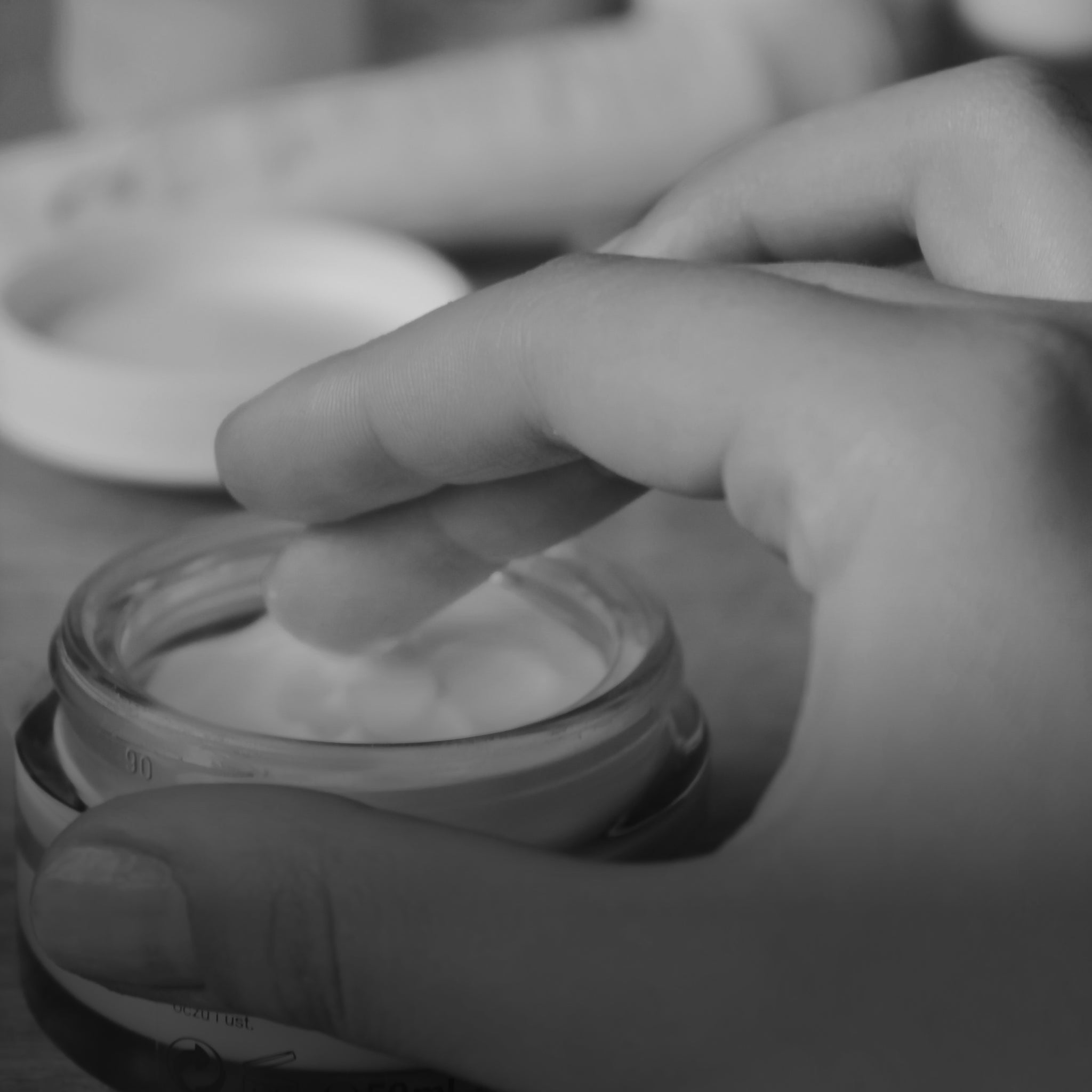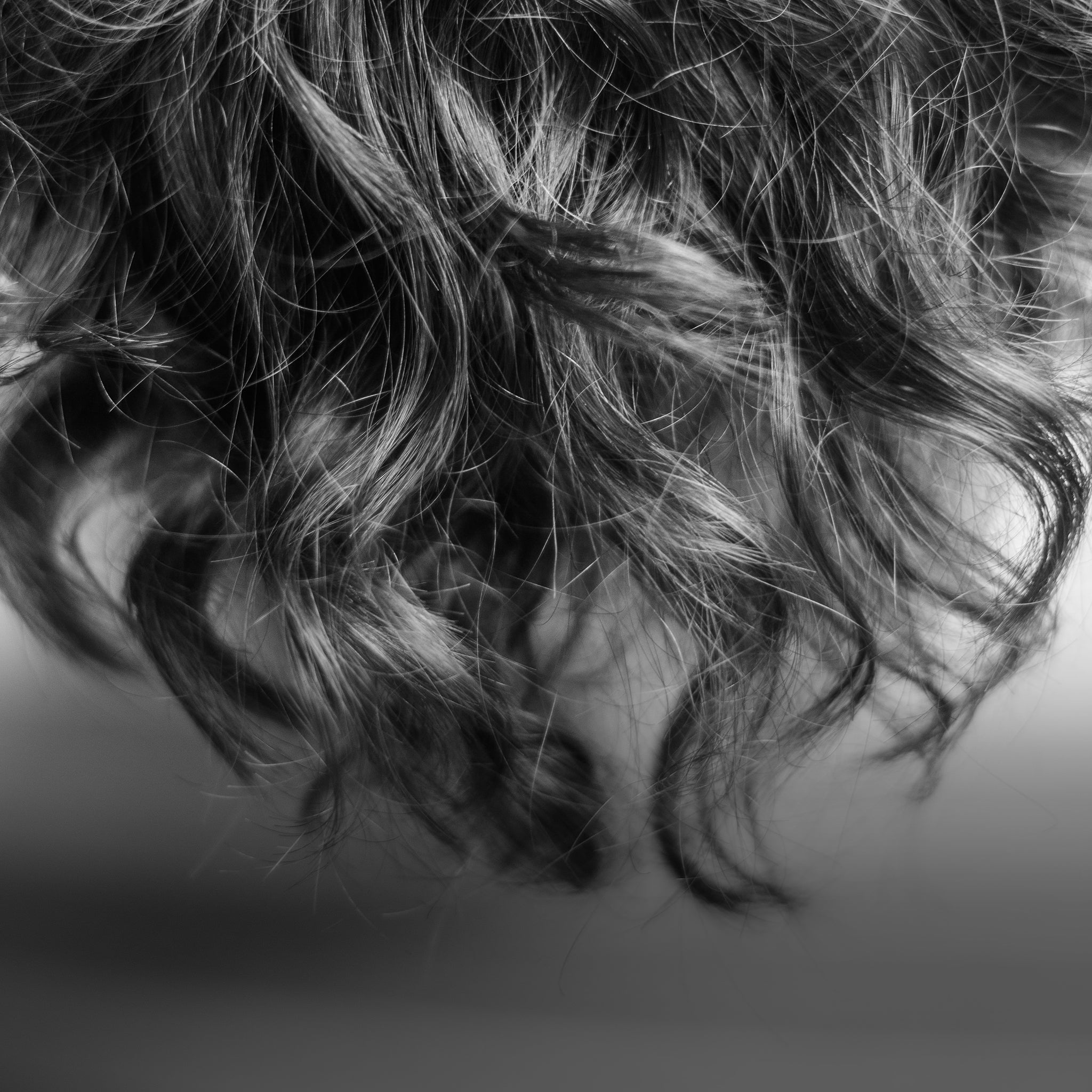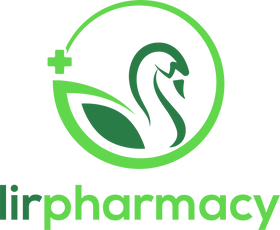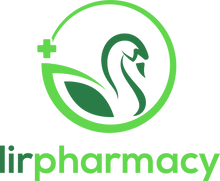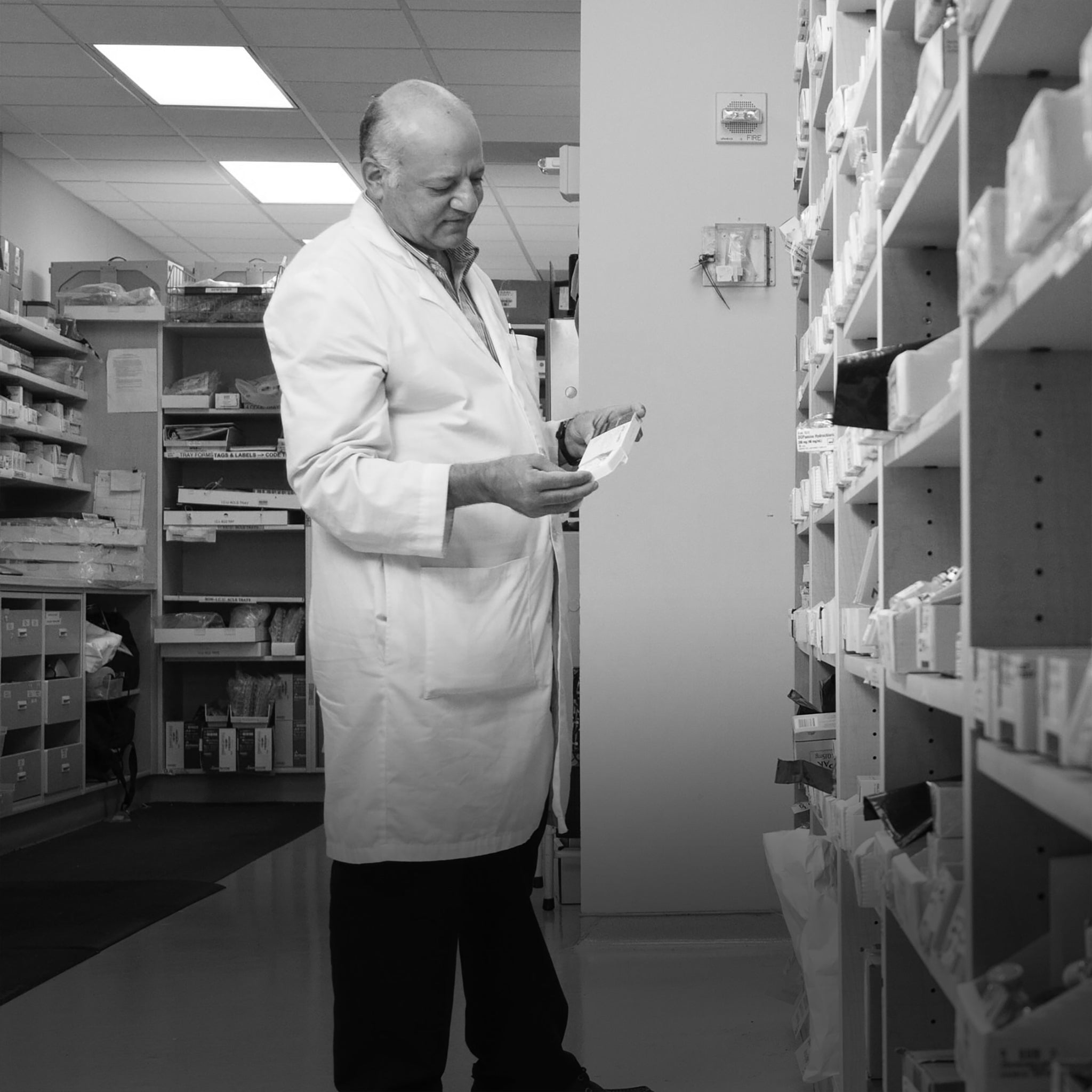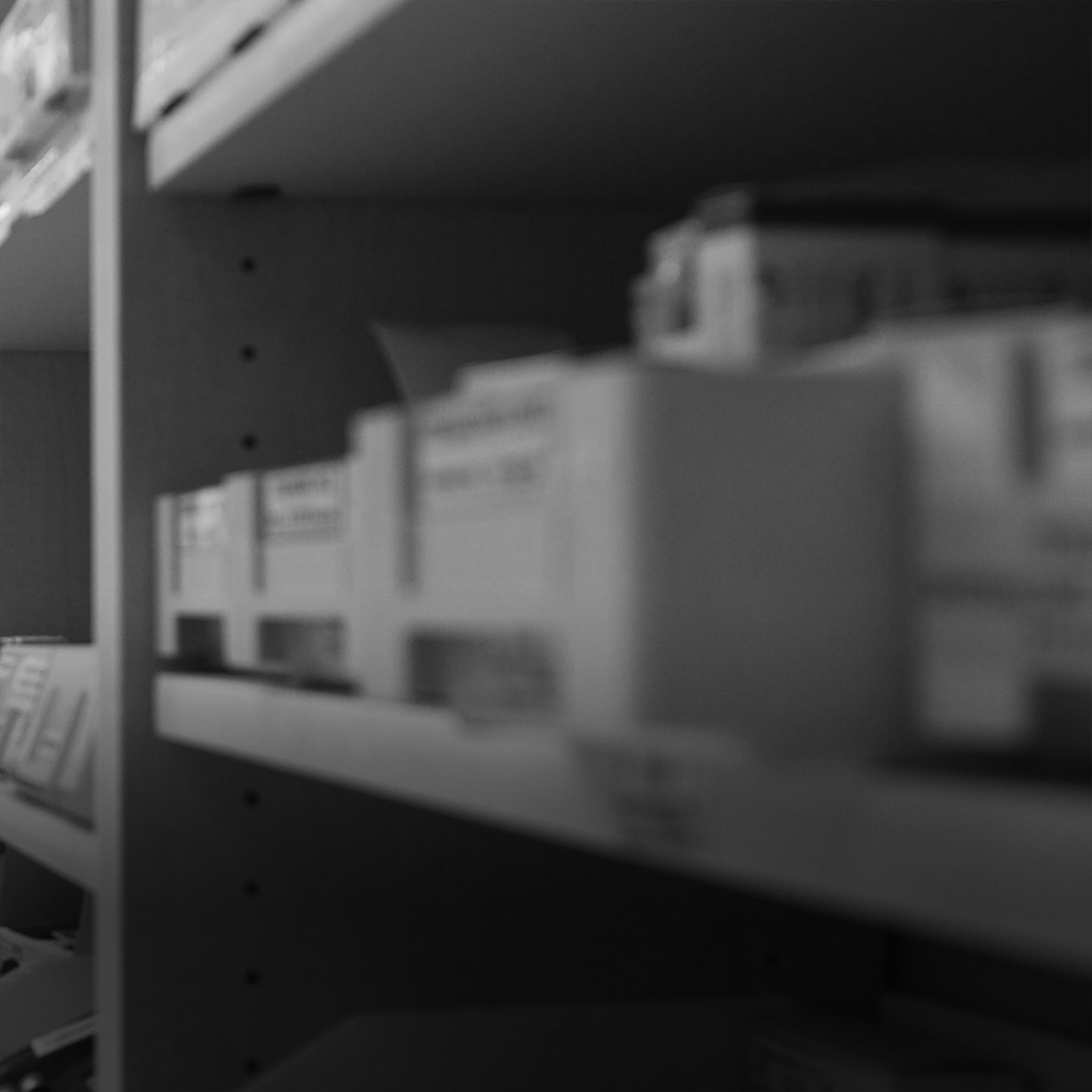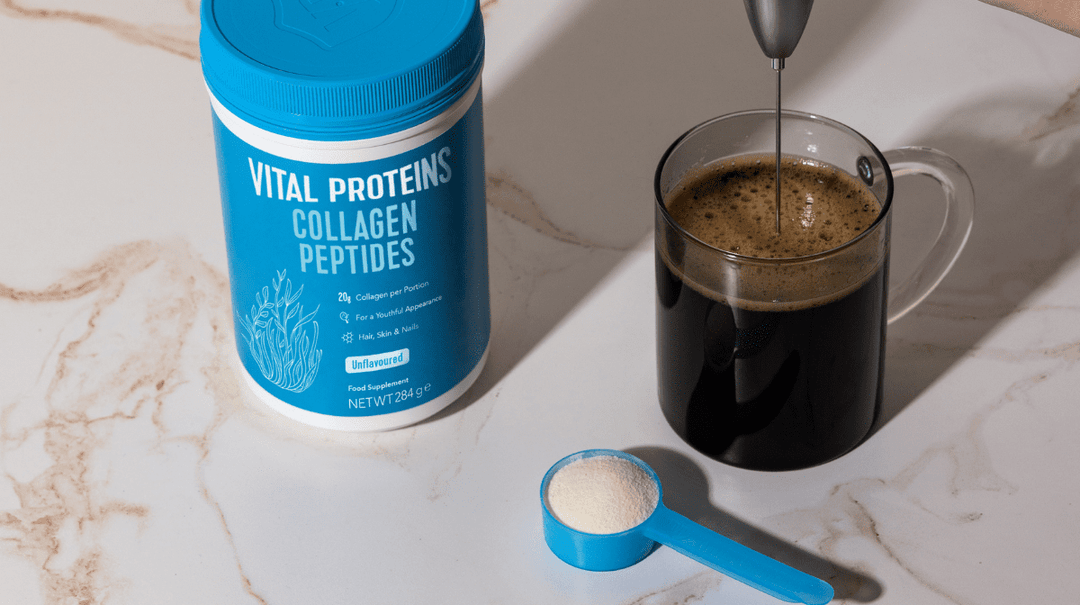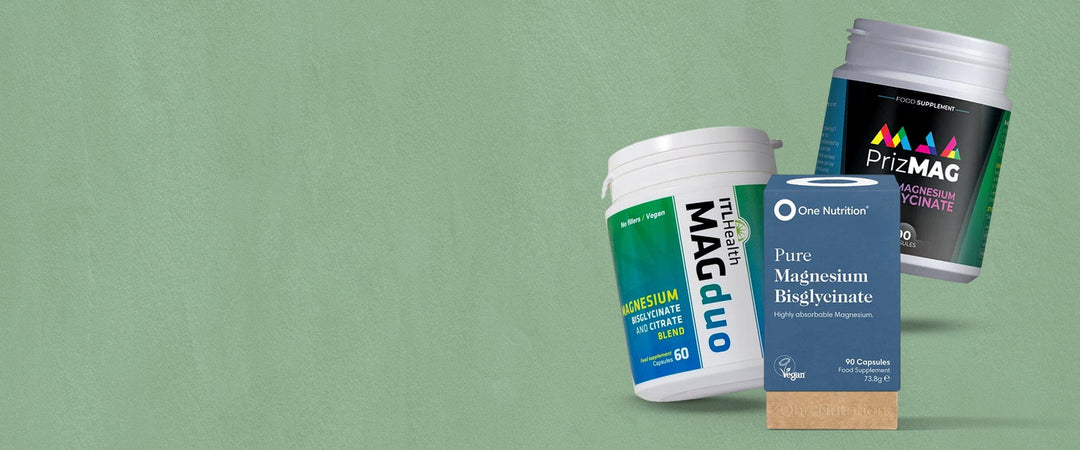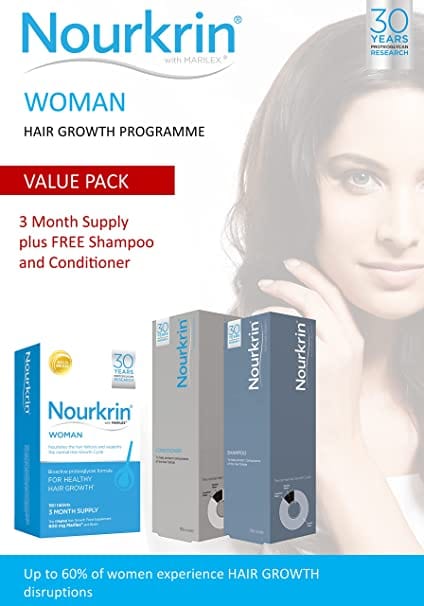Top Skincare for Acne Prone Skin: Your Essential Guide to Clearer Skin
Acne can be frustrating, unpredictable, and often impacts self-confidence. But the right acne products and skincare routine can make a big difference. Whether you’re dealing with hormonal breakouts, oily skin, or persistent blemishes, this essential guide will help you choose the best skincare products and habits to support clearer, healthier skin.
Introduction to Acne
-
Acne is a common skin concern that affects many individuals, particularly those with acne prone skin - characterized by clogged pores, excess oil, and dead skin cells.
-
Understanding the causes of acne, such as hormonal acne, oily skin, and sensitive skin, is crucial for effective acne treatment.
-
A well-planned skincare routine can help improve acne, reduce breakouts, and promote a healthy skin barrier.
-
Consulting a board certified dermatologist can provide personalized guidance on treating acne and achieving clearer skin.
-
Acne treatments, such as salicylic acid and benzoyl peroxide, can be effective in reducing acne breakouts and preventing future occurrences.

Understanding Acne Breakouts
-
Acne breakouts occur when hair follicles become clogged with dead skin cells, oil, and acne causing bacteria.
-
Hormonal fluctuations, stress, and genetics can contribute to acne prone skin and increase the likelihood of breakouts.
-
Keeping the skin’s surface clean and balanced is essential for preventing acne and reducing inflammation.
-
Using gentle cleansers and noncomedogenic moisturizers can help maintain a healthy skin barrier and reduce the risk of clogged pores.
-
Identifying and addressing underlying skin concerns, such as dry skin or sensitive skin, can help improve acne treatment outcomes.

Best Skincare Routine
-
A consistent skincare routine is crucial for managing acne prone skin and achieving clearer skin.
-
A morning routine step may include cleansing, toning, and moisturizing with a lightweight, oil-free moisturizer.
-
A nighttime skincare routine may involve cleansing, exfoliating, and applying acne treatments, such as salicylic acid or benzoyl peroxide.
-
Using products containing hyaluronic acid, glycerin, and niacinamide can help hydrate skin, reduce inflammation, and improve skin texture.
-
Avoiding harsh products and irritants, such as coconut oil and shea butter, can help prevent breakouts and promote a healthy skin barrier.
Acne Treatments Overview
-
Acne treatments can be categorized into topical and oral medications, including retinoids, antibiotics, and benzoyl peroxide.
-
Salicylic acid, a beta hydroxy acid, is effective in exfoliating the skin, unclogging pores, and reducing acne breakouts.
-
Azelaic acid, lactic acid, and glycolic acid are other alpha hydroxy acids that can help improve acne, reduce inflammation, and promote skin renewal.
-
Considering individual skin types, such as combination skin or sensitive skin, is essential when selecting acne treatments.
-
Consulting a dermatologist can help determine the best course of treatment for acne prone skin.
Key Ingredients for Skincare
-
Hyaluronic acid, aloe vera, and oat extract are soothing ingredients that can help calm and hydrate acne prone skin.
-
Salicylic acid, benzoyl peroxide, and tea tree oil are effective acne-fighting ingredients that can help reduce breakouts and prevent future occurrences.
-
Vitamin C, licorice root extract, and niacinamide are antioxidants that can help improve skin tone, reduce inflammation, and promote collagen production.
-
Zinc oxide, silicone free, and paraben free products can help protect the skin from sun damage, reduce irritation, and promote a healthy skin barrier.
-
Noncomedogenic moisturizers and oil-free products can help control oil production, reduce clogged pores, and prevent breakouts.
Morning Skincare
-
Starting the day with a gentle cleanser, toner, and moisturizer can help balance the skin’s pH and prepare it for makeup.
-
Using a broad-spectrum sunscreen with at least SPF 30 can help protect the skin from sun damage, reduce the risk of dark spots, and prevent premature aging.
-
Applying a lightweight, oil-free moisturizer can help hydrate skin, reduce inflammation, and promote a healthy skin barrier.
-
Exfoliating once or twice a week with a chemical exfoliant, such as alpha hydroxy acids or beta hydroxy acids, can help improve skin texture, reduce breakouts, and promote skin renewal.
-
Considering individual skin concerns, such as acne scars or hyperpigmentation, can help determine the best morning skincare routine.
Nighttime Skincare
-
Removing makeup and cleansing the skin thoroughly can help prevent clogged pores, reduce breakouts, and promote a healthy skin barrier.
-
Applying acne treatments, such as salicylic acid or benzoyl peroxide, can help reduce acne breakouts, prevent future occurrences, and improve skin texture.
-
Using a rich moisturizer or night cream can help hydrate skin, reduce inflammation, and promote skin renewal.
-
Exfoliating with a physical exfoliant, such as a scrub or brush, can help improve skin texture, reduce breakouts, and promote skin renewal.
-
Considering individual skin types, such as dry skin or sensitive skin, can help determine the best nighttime skincare routine.
What Is Hyaluronic Acid?
Hyaluronic acid (HA) is a naturally occurring substance in the skin that helps retain moisture. In skincare, it's a powerful humectant—meaning it draws water into the skin and keeps it hydrated.
Benefits of Hyaluronic Acid for Acne-Prone or Sensitive Skin:
-
Deep hydration without clogging pores
-
Soothes redness and irritation
-
Improves skin elasticity and plumpness
-
Supports healing of acne-damaged skin
-
Lightweight and non-comedogenic, making it perfect for oily and acne-prone skin types
How to Use It:
-
Apply to damp skin after cleansing
-
Follow with a moisturiser or facial oil to lock in hydration
-
Use morning and night as part of your daily routine
What Is Benzoyl Peroxide?
Benzoyl peroxide is a well-known acne-fighting ingredient that works by:
-
Killing acne-causing bacteria (Cutibacterium acnes)
-
Reducing inflammation
-
Helping to clear clogged pores
Key Benefits:
-
Effective against mild to moderate acne
-
Fast-acting spot treatment
-
Helps prevent new breakouts
-
Works well when combined with ingredients like salicylic acid or adapalene (but introduce them slowly)
What Is Azelaic Acid?
Azelaic acid is a naturally occurring acid found in grains like barley and rye. In skincare, it’s a multitasking powerhouse used to treat a variety of skin concerns, including:
-
Acne
-
Rosacea
-
Hyperpigmentation
-
Textural irregularities
Key Benefits:
-
Reduces acne by targeting bacteria and calming inflammation
-
Fades dark spots and post-acne marks (PIH)
-
Brightens skin tone for a more even complexion
-
Unclogs pores and refines skin texture
-
Safe for pregnancy and breastfeeding
How to Use It:
-
Found in creams, gels, and serums (usually 10% to 20%)
-
Apply to clean, dry skin once or twice daily
-
Use after cleansing and before moisturiser
-
Always follow with SPF in the morning
How to Clear Acne: A Step-by-Step Guide
1. Cleanse Gently, Twice Daily
Use a mild, non-comedogenic cleanser to remove excess oil, dirt, and makeup without stripping your skin.
-
Look for ingredients like salicylic acid or benzoyl peroxide.
-
Avoid harsh scrubs—they can irritate and worsen acne.
2. Use Targeted Treatments
Incorporate proven acne-fighting ingredients:
-
Benzoyl peroxide: Kills acne-causing bacteria.
-
Salicylic acid: Unclogs pores and reduces oil.
-
Azelaic acid: Calms inflammation and fades dark marks.
-
Niacinamide: Reduces redness and controls oil.
-
Retinoids: Prevent clogged pores and speed cell turnover (great for persistent acne).
3. Moisturise Daily
Even oily or acne-prone skin needs hydration to balance skin's oil production .
-
Choose lightweight, oil-free moisturisers with hyaluronic acid or ceramides.
4. Apply Sunscreen Every Morning
Many acne treatments increase sun sensitivity.
-
Use broad-spectrum SPF 30+, preferably mineral-based and non-comedogenic.
5. Don’t Pick or Squeeze
It increases inflammation, spreads bacteria, and risks scarring.
6. Stick to a Routine
Consistency is key to preventing more breakouts . Acne often takes 6–8 weeks to improve. Avoid switching products too frequently.
7. See a Dermatologist
If over-the-counter options don’t work after a few months, a dermatologist can offer:
-
Prescription-strength retinoids or antibiotics
-
Hormonal treatments (like birth control pills or spironolactone)
-
In-office procedures (e.g. chemical peels, laser therapy)
What Is Beta Hydroxy Acid (BHA)?
Beta Hydroxy Acid (BHA), most commonly salicylic acid, is a fat-soluble acid that penetrates deep into pores to exfoliate inside and out. It’s prized for its ability to unclog visible pores, reduce inflammation, and improve overall skin texture.
Benefits of BHA for Acne-Prone Skin:
-
Penetrates oily pores to dissolve sebum and dead skin cells
-
Helps reduce blackheads, whiteheads, and breakouts
-
Calms inflammation and redness
-
Gentle enough for sensitive skin when used properly
-
Improves skin texture and smoothness
Tips and Precautions:
-
Avoid over-exfoliating (max 2-3 times per week if using a leave-on product)
-
Combine carefully with other actives (retinoids, AHAs) to avoid irritation
-
Patch test before full use
Final Thoughts
Acne-prone skin needs consistent care, not aggressive treatment, to avoid a damaged skin barrier . Focus on balance, hydration, and gentle active ingredients. Avoid switching products too often, and always remove makeup before bed.
If breakouts persist, consider seeing a dermatologist for a customised treatment plan. With patience and the right skincare, clearer skin is achievable.
FAQs
1. What ingredients should I avoid if I have acne-prone skin?
Avoid heavy oils (like coconut oil), alcohol-based toners, artificial fragrances, and comedogenic ingredients that can clog pores. Always look for products labelled "non-comedogenic".
2. Can moisturiser make acne worse?
No – in fact, skipping moisturiser can worsen breakouts by causing your skin to overproduce oil. Choose lightweight, oil-free moisturisers with calming ingredients like niacinamide or hyaluronic acid.
3. How often should I exfoliate acne-prone skin?
Exfoliate 2–3 times a week using a gentle chemical exfoliant like glycolic acid or salicylic acid. Over-exfoliating can irritate your skin and make acne worse.
4. Is sunscreen important if I have acne?
Yes! Sunscreen helps prevent dark spots and irritation, especially if you're using active treatments like retinoids or AHAs. Look for oil-free or mineral-based sunscreens with SPF 30 or higher.
5. How long does it take to see results from a new skincare routine?
It can take 6–8 weeks to notice visible improvements. Be patient and consistent, and avoid switching products too frequently.


